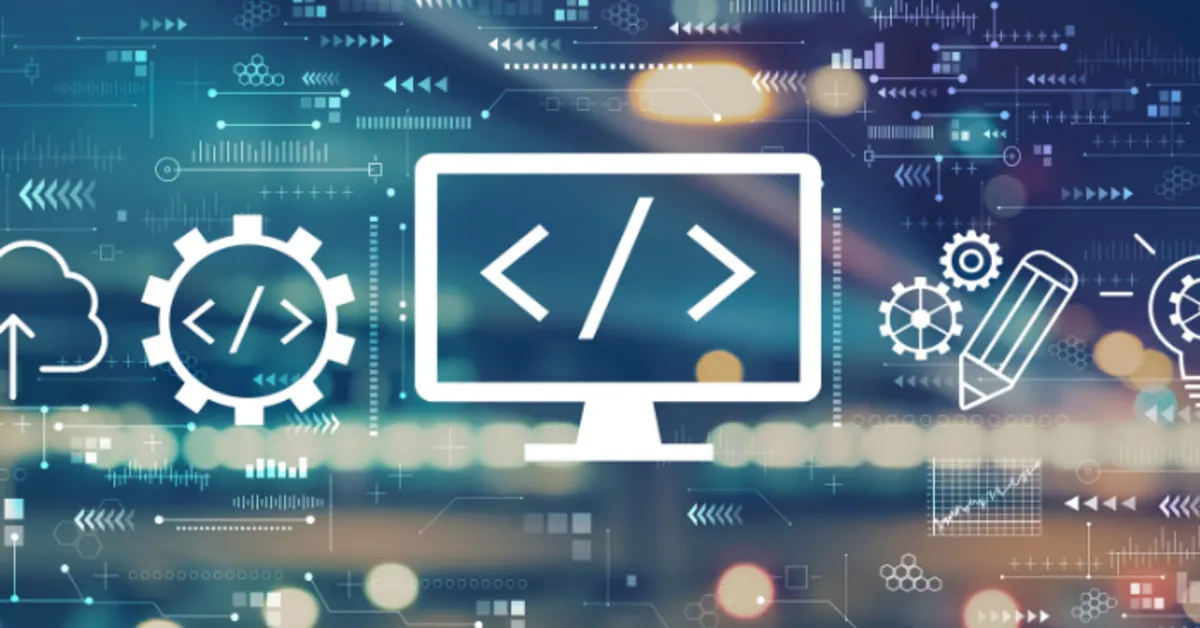Choosing the Right HRMS Software
An HR professional can automate all important HR processes, including as personnel management, attendance monitoring, performance reviews, and onboarding, with the help of a Human Resource Management System, or HRMS. This frees up the HR division to concentrate on other critical business issues like work-life balance, employee retention, and team building. Efficient and simple company decision-making is possible due to the centralization of all essential HR functions into one system. All things considered, an HRMS has all you require for better personnel management.
Why Its Needed
As more millennials and Gen Z workers join the workforce, they expect companies to use technology that’s up-to-date, flexible, and promotes teamwork. The right HR technology can help with this. It can offer employees everything they need for career growth, rewards, staying engaged, working together effectively, and more. This can lead to a motivated and happy team, which can improve how long employees stay with the company and the quality of their work.
Also, many businesses now allow employees to work from home. But without the right technology, it’s hard to manage remote work well. An HRMS includes all the tools needed to support a remote workforce.We have put up a thorough guide detailing important considerations for selecting HRMS software that is suited to your company’s requirements in order to assist you in making an informed decision during this process.
Understand Your HR Difficulties
Understanding the unique HR difficulties facing your company is the first step in choosing HRMS software. Choose which HR tasks, such as time monitoring, performance management, payroll processing, benefits administration, and hiring procedures, you want the software to handle. You can focus on solutions that target your main pain points and reduce your possibilities by outlining your criteria precisely.
Seek IT Support
Work with your IT department to understand the software requirements and options that are available for your firm. When it comes to infrastructure compatibility, technical support, data security requirements, and system integration skills, IT specialists may offer insightful advice. Their knowledge will guarantee that the HRMS software you select works in unison with your current IT setup and your company’s goals.
Create a Budget
When choosing HRMS software, creating a reasonable budget is essential. The size of your company, the intricacy of HR procedures, and the total cost of ownership—which includes deployment, data migration, customisation, training, and continuing maintenance costs should all be taken into account. Examine pricing options, such as one that requires an upfront payment versus one that is based on a subscription, and select the option that provides the most value given your financial limits.
Suppliers on the Shortlist
Make a shortlist of trustworthy HRMS providers after doing extensive research and taking into account elements like price, features needed, experience in the field, client testimonials, and vendor reputation. Examine the track record, software upgrades, scalability options, and customer support provided by each provider. Make sure the vendors you’ve selected have strong integration skills so you can link with other company systems with ease.
User-Friendliness
To encourage adoption and usage among HR team members, choose HRMS software with an easy-to-navigate interface. A platform that is easy to use increases output, cuts down on training time, and lowers data entry and processing errors. Before making a choice, ask for trial periods or demos to check the software’s usability and get input from end users.
Customization Options
Select HRMS software that allows you to modify the system to meet your unique company requirements. You may set up permissions, reports, dashboards, and workflows according to your organizational structure, regulations, and compliance needs thanks to customization features. For HR process management, a system that is both versatile and adaptive guarantees maximum functionality and efficacy.
Scalability
Take into account the HRMS software’s scalability to meet the needs of your expanding company and changing workforce. Make that the program can accommodate growing numbers of users, data volumes, and transaction loads without sacrificing functionality or performance. Scalable solutions eliminate the need for regular system updates or replacements, enabling smooth expansion and adaptation to shifting company dynamics.
Security Features
To protect sensitive employee data and adhere to data protection laws, give top priority to HRMS software with strong security features. A few things to look for are audit trails, role-based access controls, data encryption, secure login passwords, frequent security updates, and data backup systems. To successfully reduce cybersecurity risks, confirm the vendor’s data privacy policies, disaster recovery procedures, and security certifications.
Summary
You may choose the best HRMS software for your company with confidence if you adhere to these important recommendations and take the important variables mentioned above into account. In addition to streamlining HR procedures, a well-selected HRMS system supports strategic decision-making, organizational effectiveness, employee engagement, and regulatory compliance. To get the most out of current HR technology and make sure your organization succeeds, put in the time and effort to thoroughly investigate your alternatives, include stakeholders, and evaluate alternative solutions.





